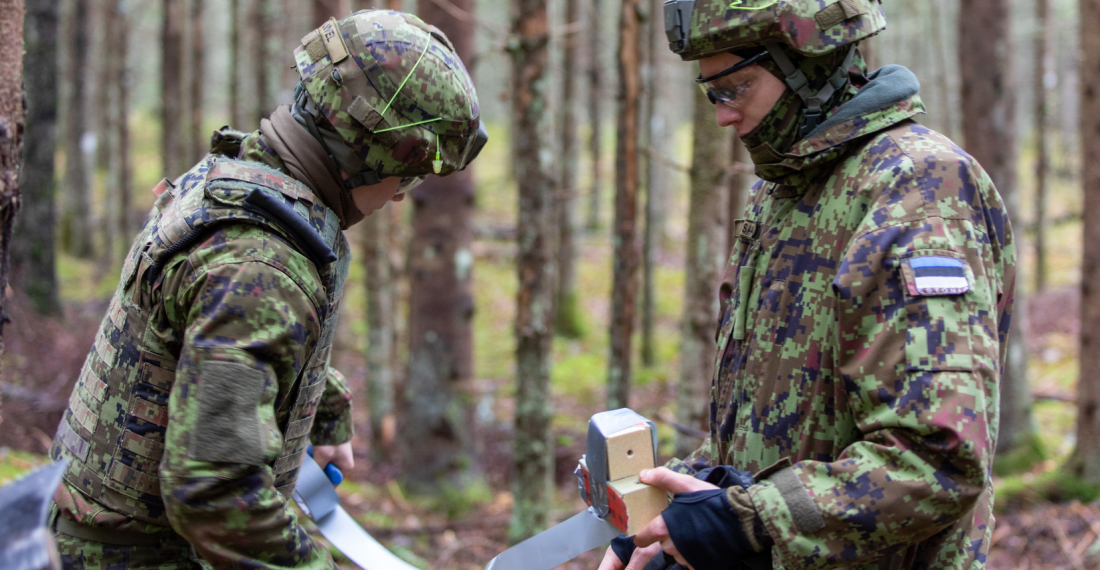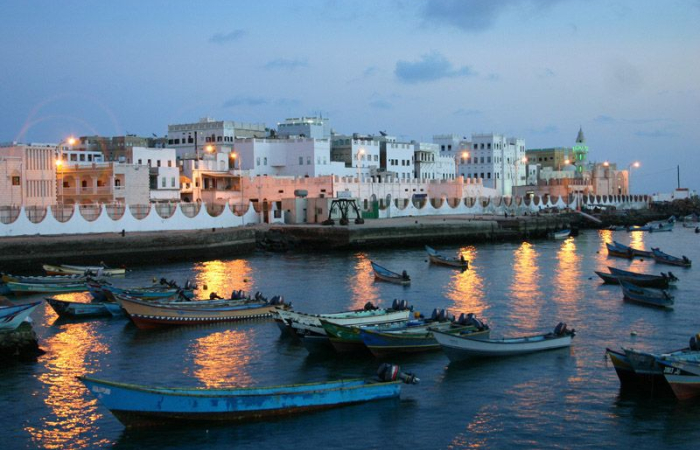The Estonian government summoned 1,684 military reservists to an unannounced exercise along its border with neighbouring Russia.
In a statement published on the government's website on Wednesday (17 November), it was announced that the reservists are said to deploy along the more than 40-kilometre-long border which is already protected by barbed wire barrier. The exercise is taking place as the migration crisis in Eastern Europe, especially on the border between Poland and Belarus, continues.
The exercise will last from 17 November to 25 November and is intended to test the "responsiveness of the national chain of command", the statement said. Strengthening the infrastructure on the borders with Russia is necessary "in view of the developments in Poland, Lithuania and Latvia".
The situation on the border between Belarus and Poland also remains tense. Belarus is allowing migrants and asylum seekers to fly in Belarus where they are then driven to the borders with the European Union. According to the EU, the President of Belarus, Alexander Lukashenko, is trying in this way to force the lifting of sanctions against his regime, although he himself denies this.






